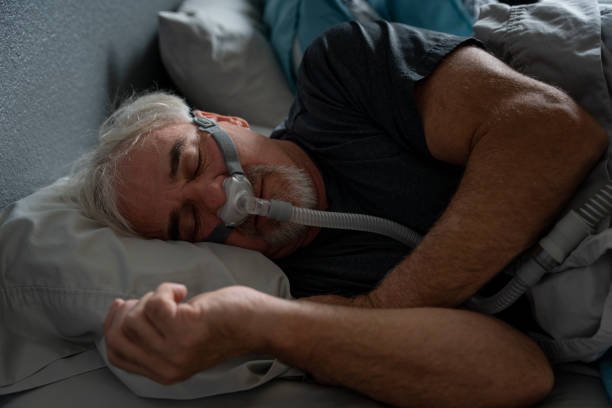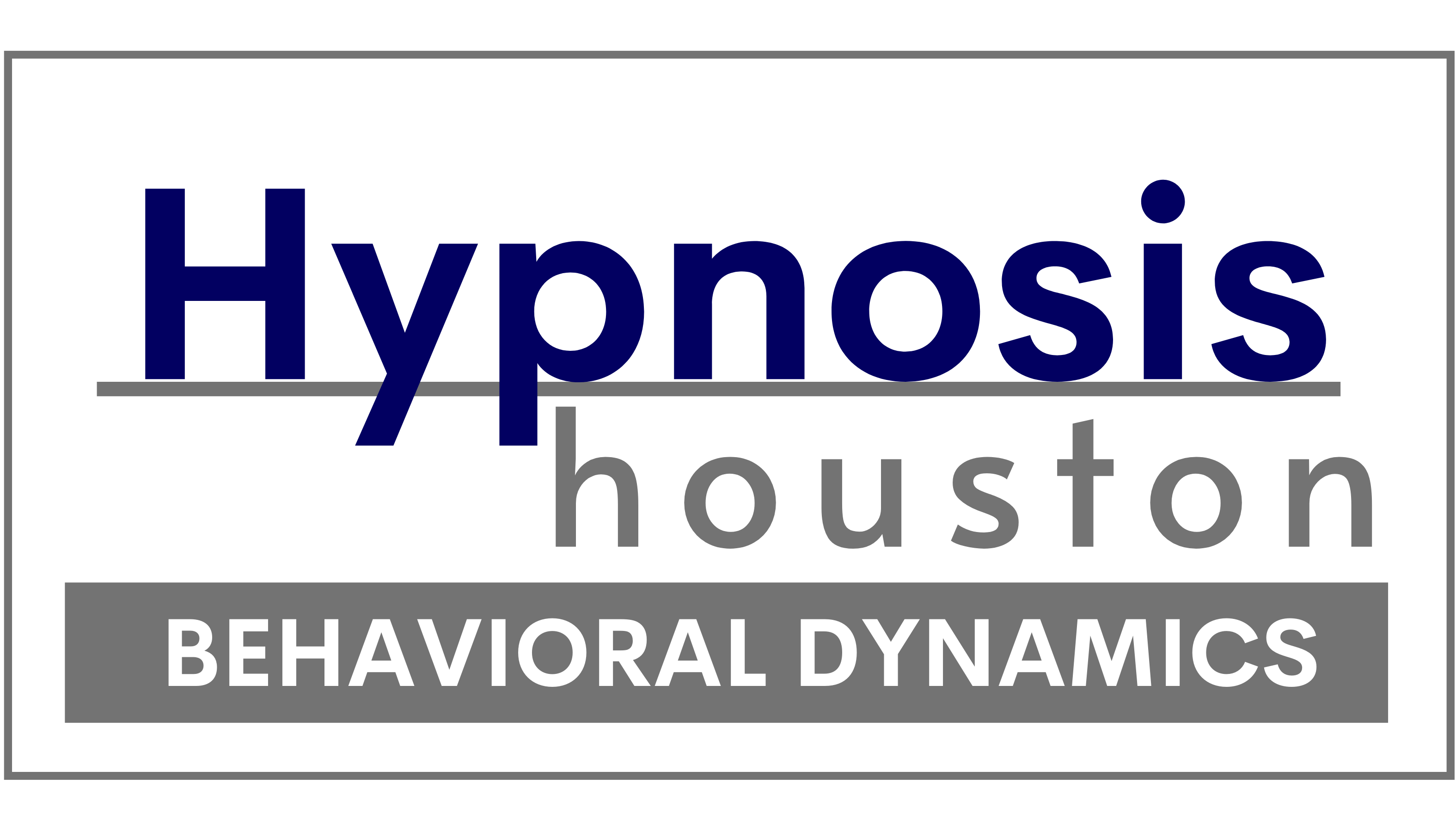The Fascinating Role of Hypnosis in Treating Sleep Apnea
Sleep apnea, a condition that disrupts breathing during sleep, affects millions of people worldwide. While there are several established treatments available, including CPAP (Continuous Positive Airway Pressure) therapy, surgery, and lifestyle changes, many individuals are seeking alternative solutions. Among these options, hypnosis has emerged as an intriguing method for managing sleep apnea symptoms. Although it may seem unconventional, hypnosis is gaining recognition for its potential benefits in addressing the underlying causes and symptoms of sleep apnea. This article explores the fascinating role of hypnosis in treating sleep apnea and how it works as a complementary therapy.
Understanding Sleep Apnea
Sleep apnea is a serious medical condition characterized by repeated interruptions in breathing during sleep. The two most common types are obstructive sleep apnea (OSA) and central sleep apnea (CSA). OSA occurs when the muscles in the throat relax excessively, blocking the airway, while CSA is caused by a failure of the brain to signal the muscles to breathe. Both types can lead to fragmented sleep, low blood oxygen levels, and various other health issues, such as high blood pressure, heart disease, and stroke.

The hallmark symptoms of sleep apnea include loud snoring, choking or gasping for air during sleep, excessive daytime fatigue, and difficulty concentrating. For individuals suffering from sleep apnea, traditional treatments like CPAP machines or surgery may not always provide complete relief, leading many to explore alternative therapies, such as hypnosis.
What is Hypnosis?
Hypnosis is a therapeutic technique that involves guiding a person into a relaxed, focused state of mind, often referred to as a trance. During this state, individuals may become more open to suggestion, which can help them overcome certain mental or physical challenges. Contrary to popular belief, hypnosis does not involve mind control or manipulation; instead, it taps into the subconscious mind, where long-held beliefs, fears, and behaviors reside.
In the context of treating sleep apnea, hypnosis is typically used to address factors such as anxiety, stress, and habits that contribute to the condition. By inducing deep relaxation and focusing the mind, hypnosis can help individuals gain better control over their breathing patterns, manage their symptoms more effectively, and reduce their reliance on more invasive treatments.
The Mechanism Behind Hypnosis and Sleep Apnea

The relationship between hypnosis and sleep apnea lies in the mind-body connection. Hypnosis can play a crucial role in modifying certain behaviors and emotional responses that may exacerbate sleep apnea symptoms. Several mechanisms come into play:
- Stress and Anxiety Reduction: Stress and anxiety can contribute to muscle tension, making it more difficult for the body to relax during sleep. These emotions may also lead to hyperarousal, preventing individuals from entering deeper stages of restorative sleep. Hypnosis helps to alleviate anxiety and promote relaxation, allowing for better sleep quality and potentially reducing the severity of apnea episodes.
- Behavioral Modification: Certain behaviors, such as sleeping on the back, can worsen sleep apnea. Through hypnosis, individuals can be guided to develop new sleep habits and postures that help alleviate the obstruction of the airway during sleep. These suggestions can lead to a more natural and unobstructed airflow, reducing the frequency of apnea events.
- Breathing Regulation: Hypnosis can help individuals develop greater awareness of their breathing patterns. By training the subconscious mind to regulate breathing, hypnosis may encourage deeper and slower breaths during sleep, reducing the likelihood of interruptions in airflow. This can be particularly beneficial for individuals with mild to moderate obstructive sleep apnea.
- Muscle Relaxation: One of the key elements of sleep apnea, particularly in OSA, is the relaxation of throat muscles, which can collapse and obstruct the airway. Hypnosis can help individuals achieve a deeper sense of physical relaxation, potentially preventing excessive muscle relaxation during sleep and improving airway function.
- Emotional Support and Coping: The emotional toll of sleep apnea, including feelings of frustration, embarrassment, or hopelessness, can exacerbate the condition. Hypnosis offers emotional support by helping individuals manage the psychological impact of sleep apnea, thereby reducing stress and promoting overall well-being.
Research Supporting Hypnosis for Sleep Apnea
While hypnosis for sleep apnea is still considered a complementary or alternative treatment, some research suggests it may have a positive impact. Studies have explored the potential of hypnosis in managing various sleep disorders, including insomnia and sleep apnea. One study published in the “International Journal of Clinical and Experimental Hypnosis” found that hypnosis helped improve the quality of sleep in patients with OSA by addressing anxiety, improving relaxation, and encouraging healthier sleep habits.
Other research has shown that hypnosis can be effective in reducing the symptoms of other related conditions, such as snoring. A study in “Sleep and Breathing” found that hypnosis reduced snoring and improved overall sleep quality in a group of individuals with mild to moderate sleep apnea. These findings suggest that hypnosis may not only address the psychological aspects of sleep apnea but may also contribute to tangible improvements in sleep quality.
Combining Hypnosis with Traditional Treatments
Hypnosis should not be viewed as a standalone solution for sleep apnea but rather as a complementary therapy. For individuals with mild to moderate sleep apnea, hypnosis can be a valuable addition to traditional treatments. It can help improve compliance with CPAP therapy, enhance the effectiveness of behavioral interventions, and reduce the need for more invasive treatments like surgery.
Hypnosis can also be particularly helpful for individuals who experience anxiety related to sleep apnea or those who struggle with the psychological aspects of managing the condition. By incorporating hypnosis into a broader treatment plan, individuals can improve their overall quality of life and experience more restful, uninterrupted sleep.
Finding a Qualified Hypnotherapist
If you’re considering hypnosis as part of your sleep apnea treatment, it’s essential to find a qualified hypnotherapist with experience in working with sleep disorders. A trained professional will be able to guide you through the process, ensuring that the hypnosis sessions are tailored to your specific needs. Before starting, it’s always a good idea to consult with your healthcare provider to discuss how hypnosis can be integrated into your treatment plan.
The fascinating role of hypnosis in treating sleep apnea offers a promising avenue for individuals looking to complement their existing treatments. By addressing underlying factors such as stress, anxiety, and unhealthy sleep habits, hypnosis can help improve sleep quality, reduce symptoms, and enhance overall well-being. While more research is needed to understand its long-term effectiveness fully, hypnosis remains an intriguing and potentially beneficial option for those struggling with sleep apnea. As with any treatment, it’s important to approach hypnosis as part of a comprehensive plan, in consultation with healthcare professionals, to ensure the best outcomes for your sleep health.
Hypnosis Houston
2323 S Voss Rd #675
Houston TX 77057
Phone: (713) 789-0713
https://www.hypnosishouston.com/
